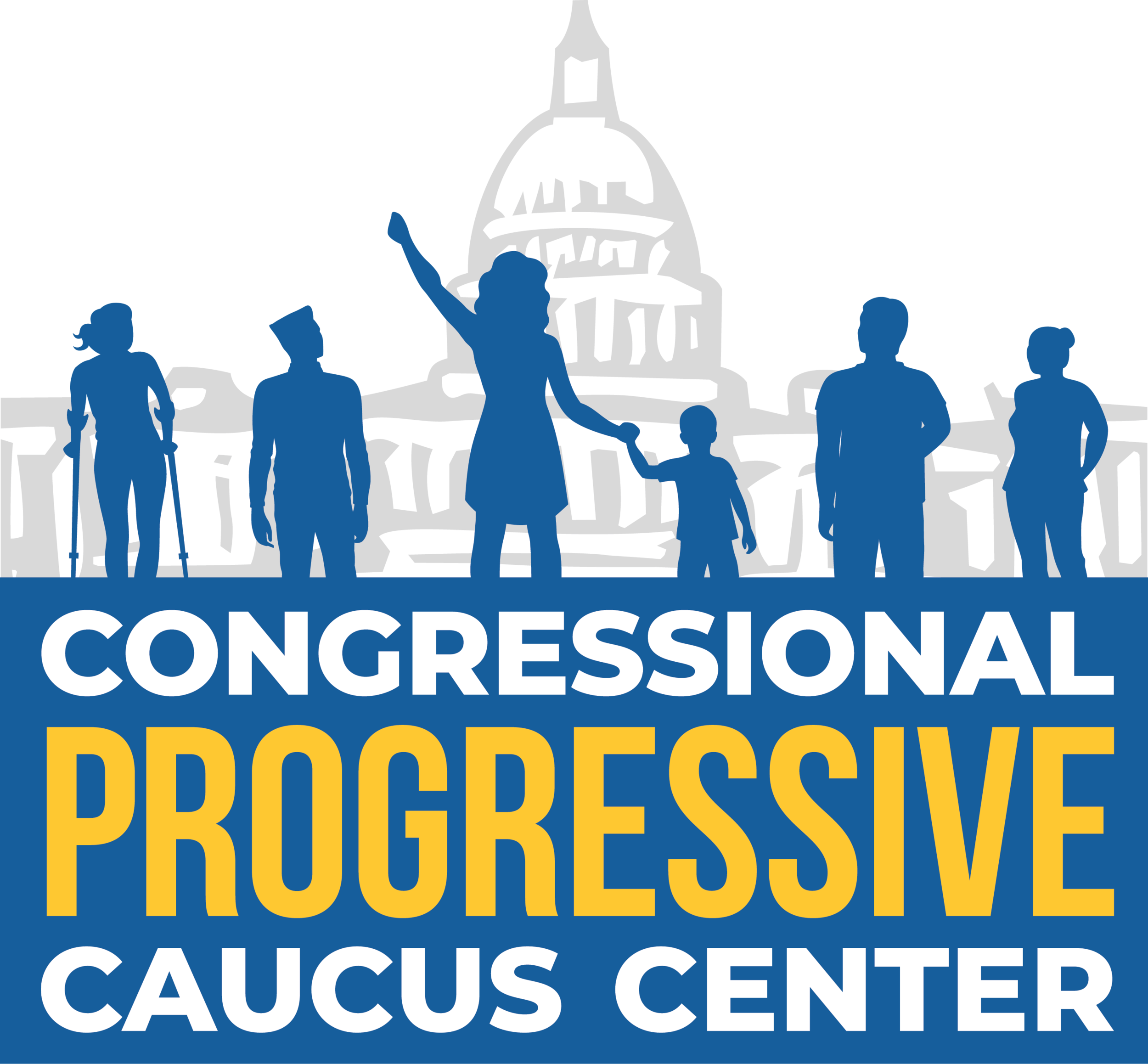February 12, 2024: What math and shutdowns past foreshadow for policy riders today
We’re less than three weeks from the first deadline to avoid a government shutdown on March 1. While lawmakers have shared some information about funding levels in the FY2024 deal (see our January 30 update), we don’t know many specifics. Reporting indicates that policy riders remain a major sticking point for negotiators, with the GOP pushing for extreme provisions on abortion, LGBTQIA+ protections, guns, and much more. While we can’t predict with certainty how the riders fight will end, we can look to history for some important lessons that we’ll explain below.
The CPC Center has launched a sign-up portal to expand access to these Unrig the Rules updates! If you were forwarded this email and wish to receive future updates, please register here. Feel free to share this link with anyone in your network.
Why FY2024 funding bills can’t pass the House without Democrats
While Republicans hold the House majority with 219 Members, a handful of far-right Republicans have recently refused to vote for the “rule” necessary to begin debate on legislation. That’s why Speaker Johnson has been bringing bills to the House Floor under “suspension of the rules.” This allows bills to advance without a separate “rule” vote to start debate. However, it requires ⅔ support for legislation to pass—290 of 435 Members. House Republican leaders concede they’ll have to pass FY2024 appropriations bills via the suspension process.
Even if all 219 Republicans support a bill, it still needs 71 Democratic votes to pass under suspension.
Given numerous House Republicans’ tendency to oppose any spending bills, they will need a larger amount of House Democratic votes.
What past shutdowns can teach us
Democrats must support FY2024 appropriations bills for them to pass the House—to say nothing of the Democratically-controlled Senate and White House. Democratic appropriators have made clear that they oppose the GOP’s extreme policy riders.
So, if the GOP continues to insist on their riders, and Democrats maintain their position, the bills won’t have sufficient support and the government will shut down.
GOP policy demands are nothing new in spending bill negotiations. For example, in 2013, Republicans tried to force Democrats to defund the ACA in exchange for keeping the government open. Similarly, in 2018, President Trump refused to sign a government funding bill that did not provide $5 billion to build 215 miles of border wall. In both cases, Democrats refused to concede to the GOP’s demands and the government shut down. The 2018 shutdown ended up being the longest in U.S. history at 35 days.
These shutdowns share another key characteristic: Republicans’ demands were unpopular with the American public and, ultimately, the shutdowns ended in deals that did not meet those demands. You can read more in our analysis, Lessons Learned from Two of the Longest Shutdowns in History, but an important takeaway remains relevant today: forcing a government shutdown to achieve an unpopular goal is unlikely to succeed in the face of unified opposition, and the party making the unpopular demand will shoulder the blame for the shutdown in the public’s eyes.
Applying the past’s lessons to today’s riders fight
GOP-backed riders curtail overwhelmingly popular protections for access to abortion and contraceptives, same-sex couples, clean air and water, and much more. If Democrats maintain their total opposition to these unpopular, far-right riders, the GOP will have to drop the riders or force a shutdown—because, as the numbers above show, these bills cannot pass even the GOP-controlled House without Democrats’ support.
History doesn’t suggest there’s much to gain from the shutdown route: in both examples above, Republicans eventually agreed to end the shutdowns despite not getting their demands. Plus, the public blamed Republicans for both shutdowns. Whether Members will heed these lessons remains to be seen.
We’ll continue to keep you updated as talks progress. If you’ve found these updates helpful, please share the sign-up portal we’ve launched to expand access to these Unrig the Rules updates!

